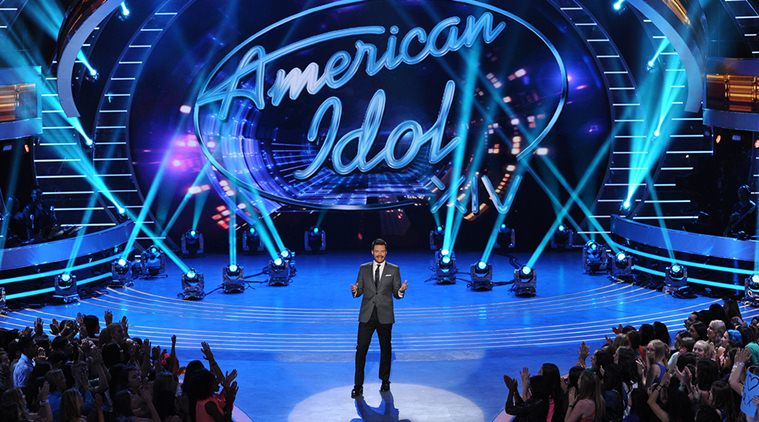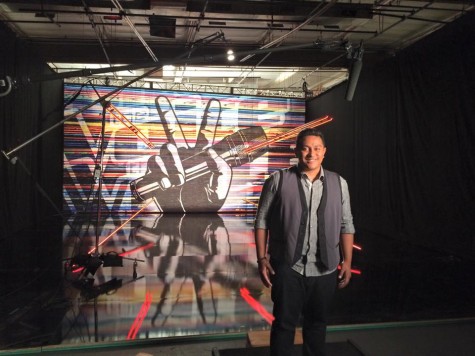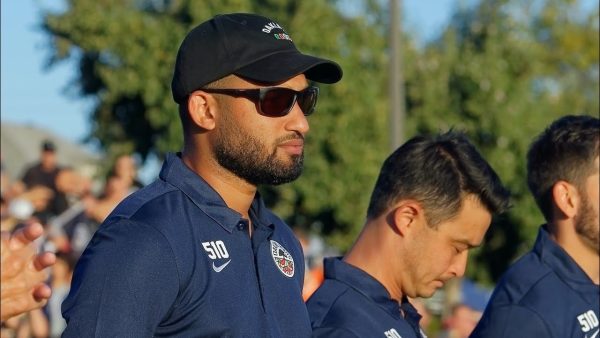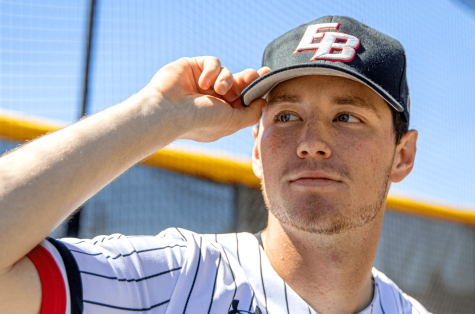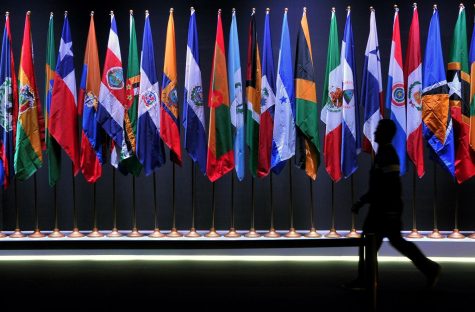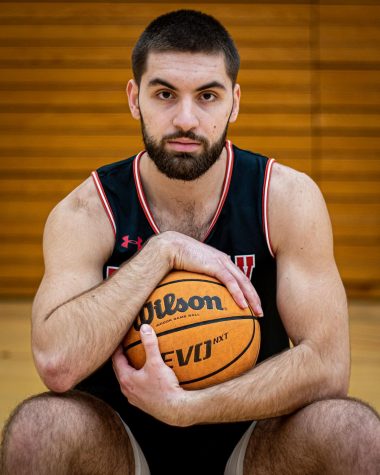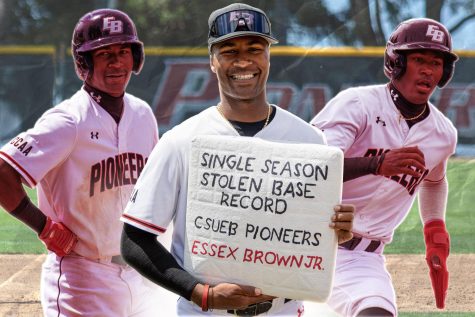TV singing shows have reached their peak
March 7, 2018
NBC’s “The Voice” starts its fourteenth season on Feb. 26, offering all of the glitz and glamour it’s had since its first season seven years ago in 2011. This season features both old and new coaches including the debut of former “American Idol” winner Kelly Clarkson.
With big promises to fulfill their dreams, aspiring singers are encouraged to audition for TV singing shows like “The Voice.” They join in hopes of earning recognition, be crowned the winner and ultimately achieve success in the music industry. Some of the most popular reality television singing shows include: “American Idol,” “The Voice” and “The X Factor” according to Deadline Hollywood, a film and television news magazine.
But the truth is, television singing shows have reached their peak. They just aren’t entertaining anymore because they all follow the same formula and deliver nothing but empty promises.
Each show begins in a nearly identical way. Struggling singers with an inspiring backstory decide they need to make a change in their life, they want to take music more seriously. So, they audition for the show, seeking the expertise and help of the celebrity judges. America either loves or hates them and the eliminations begin.
This worked great with audiences at first. “American Idol” ranked second in the 2011-12 television season for adults aged 18-24, with an enormous 19.8 million viewers. “The Voice” ranked slightly lower at number nine, but still with a large 15.7 million viewers, according to statistics from TV By The Numbers, a television ratings data website.
However, as time went on those same rankings dropped. By 2016, “The Voice” ranked number 17, dropping to 12.7 million viewers. The show passed up the previous leader, “American Idol,” which dropped to an even lower to 10.5 million viewers, both still high numbers for ratings.
In response to these lower ratings, FOX cancelled “American Idol” in 2016. The cancellation seemed fitting, as the show had just finished its fifteenth season. Finally, we had some hope that the era of reality singing shows was over.
The hope was only short-lived, though. ABC was quick to pick the show back up, announcing its reboot on March 11. According to ABC, the show will feature the same format, but equipped with new judges Katy Perry, Lionel Richie and Luke Bryan.
FOX aired a new singing show called “The Four” on Jan. 4. The show prides itself on being different from others.
The show is different because it does not have an audition stage. Instead, contestants simply face off each other for the goal of either earning or keeping their seat in “The Four.” Diddy, one of its judges, told Jimmy Kimmel he joined the show because he wanted to “disrupt what was going on in vocal competition shows.”
Although it started with an honorable and fresh approach, “The Four” did not deliver. The season seemed rushed, only having a total of six episodes. The show’s ratings were even lower than the ratings of its competition. Deadline Hollywood reported that the “The Four” had an average of 3.7 million viewers for its first episode.
When the shows finally reach their end, they continue the identical formula, airing a big finale where America is responsible for crowning the winner. However, the winners face a harsh reality. Most of them will not see the big success and fame that they were promised or hoped to achieve.
From season one to 12 of “The Voice,” winners have produced only five original Top 40 songs, according to an article from the Huffington Post in 2017. The majority of those winners’ charting “Hot 100” singles were only recorded performances from the show.
“American Idol” winners have faced slightly better, but still similar results. Many winners ended up losing or leaving their record labels because they were struggling to sell and hit the charts.
Season 13 winner Caleb Johnson left his label in 2015, according to Billboard. Similarly, season 14 winner Nick Fradiani left his label in 2017. Fradiani said he isn’t going to obsess over record sales anymore. Instead, he just wants to get his music out.
In fact, some of the contestants who didn’t win ended up doing better on their own than their fellow winning contestant. R&B singer Jennifer Hudson, who finished in seventh place in 2003 and pop-rocker Adam Lambert, second place in 2009, didn’t win, but have made themselves into two successful artists.
Despite the decreasing ratings and failure to boost winners into stardom, television singing shows keep airing each year. They still try to convince us that they have more to offer, and deliver the same, meaningless “we want you” and “who’s next” campaigns. But the truth is, they don’t have more to offer us. The genre is dead.




